Simmons(Whiplash).
I told him, ‘Thats not what I wrote.'"
What do you think would surprise people to learn about being a director in Hollywood?
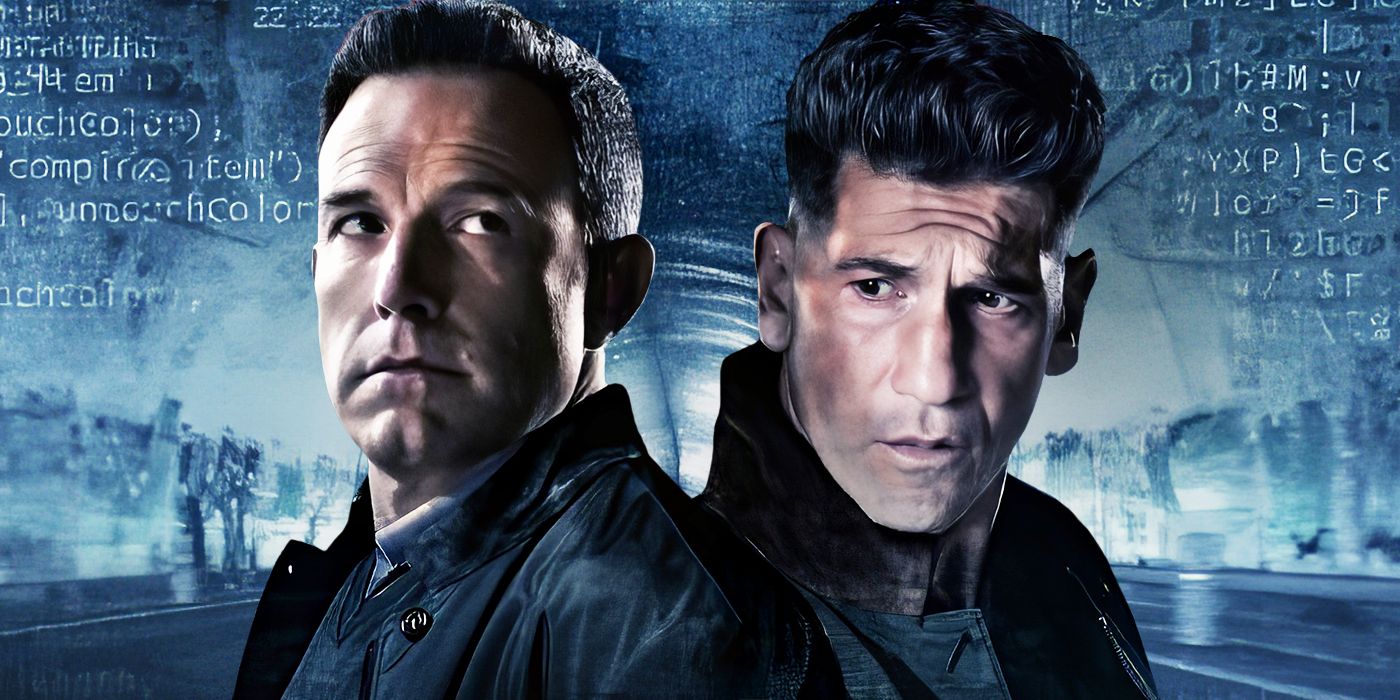
Image by Jefferson Chacon
GAVIN OCONNOR: It’s not as sexy as people think it is.
There’s someone who lives in my neighborhood who’s a composer.
And I met him several years ago because he takes all the kids in the neighborhood Christmas caroling.
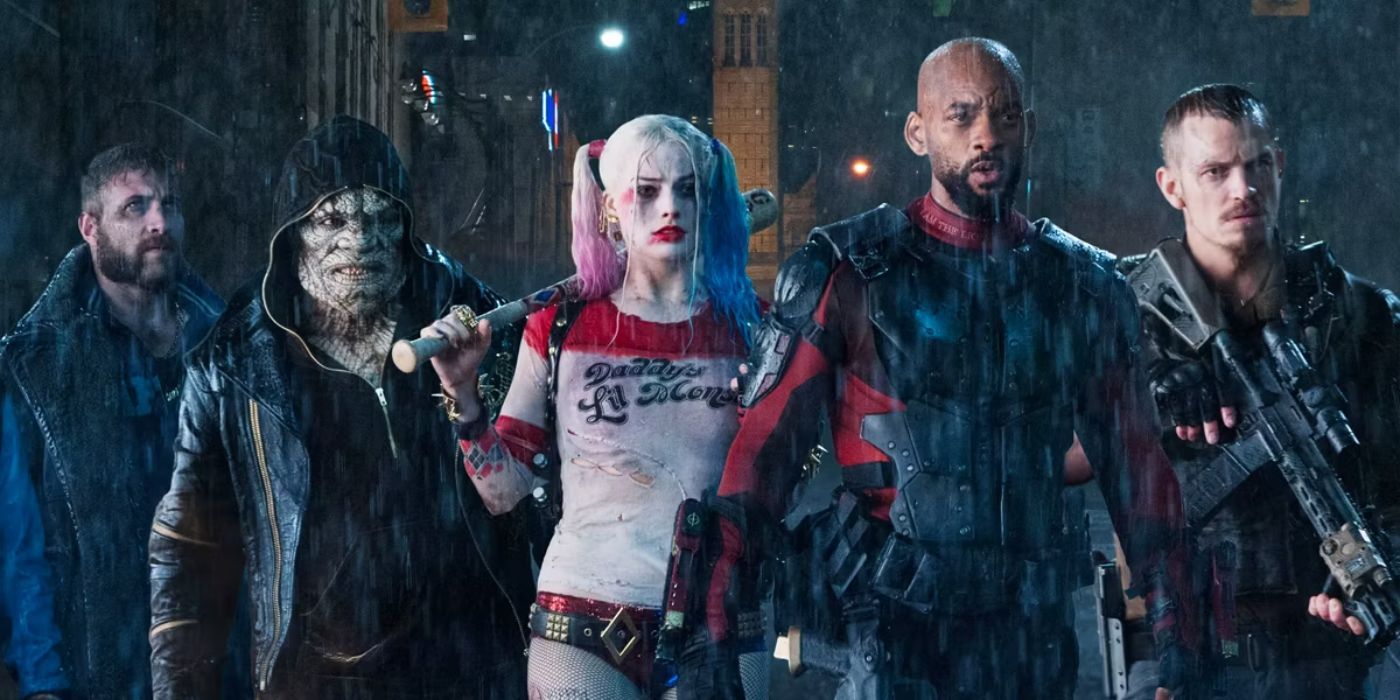
Image via Warner Bros. Pictures
And they knocked on our door, and it was beautiful.
And he and I became friends.
He went off to direct.
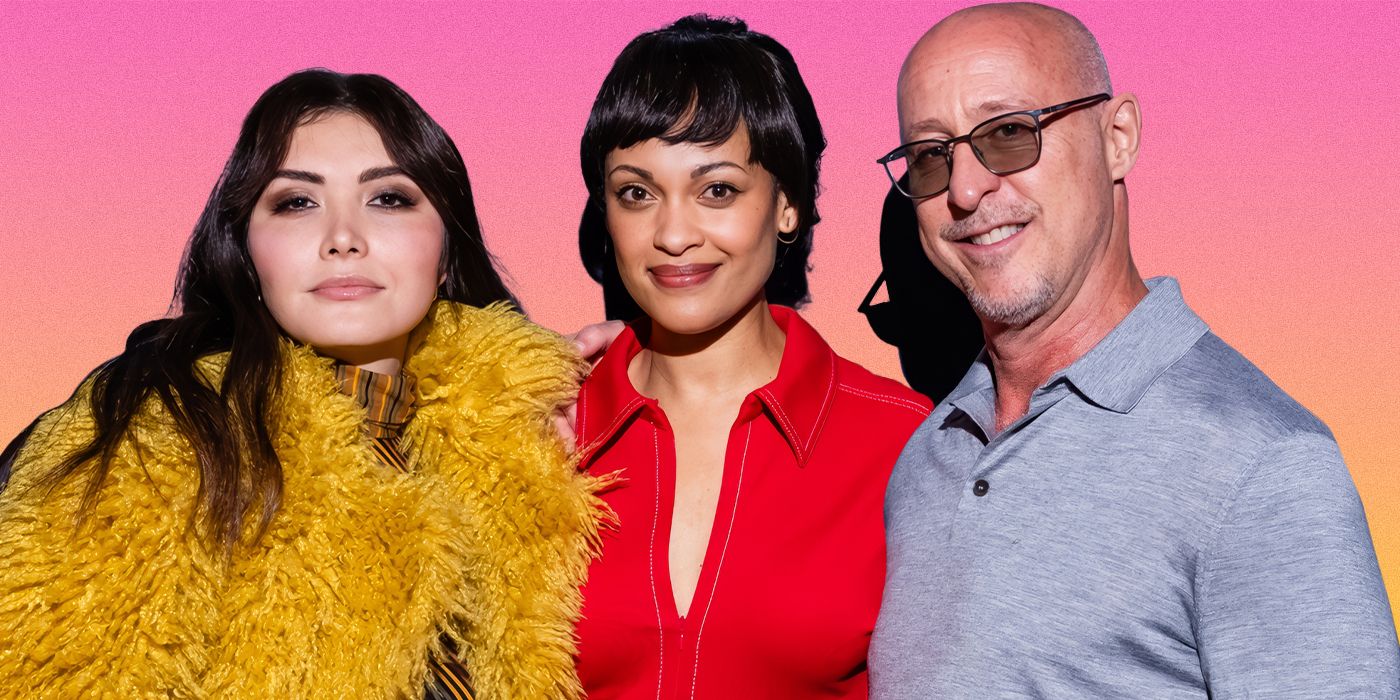
He’s directing his first movie now.
It’s like a $5 million film.
He just texted me the other day.
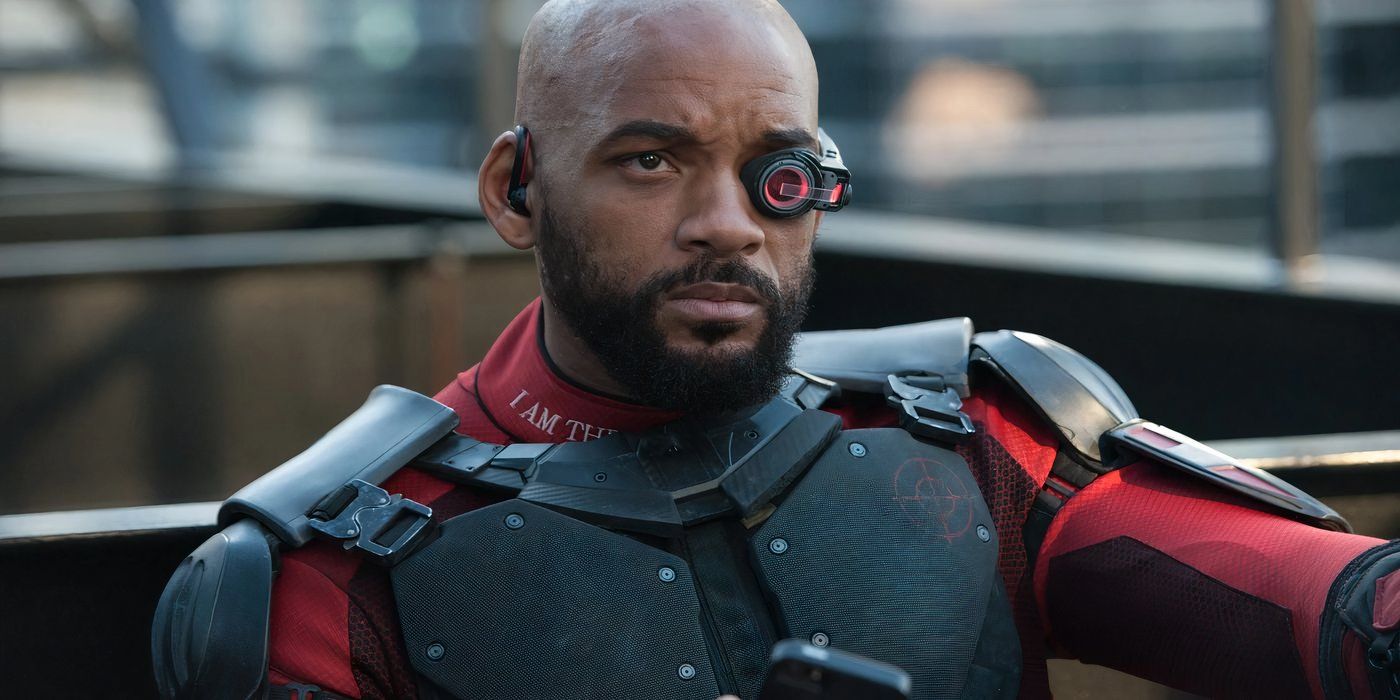
Image via Warner Bros. Pictures
He’s like, Im exhausted.
I didn’t realize how exhausting this job is.
And he goes, It’s so mentally taxing and there’s no time off.
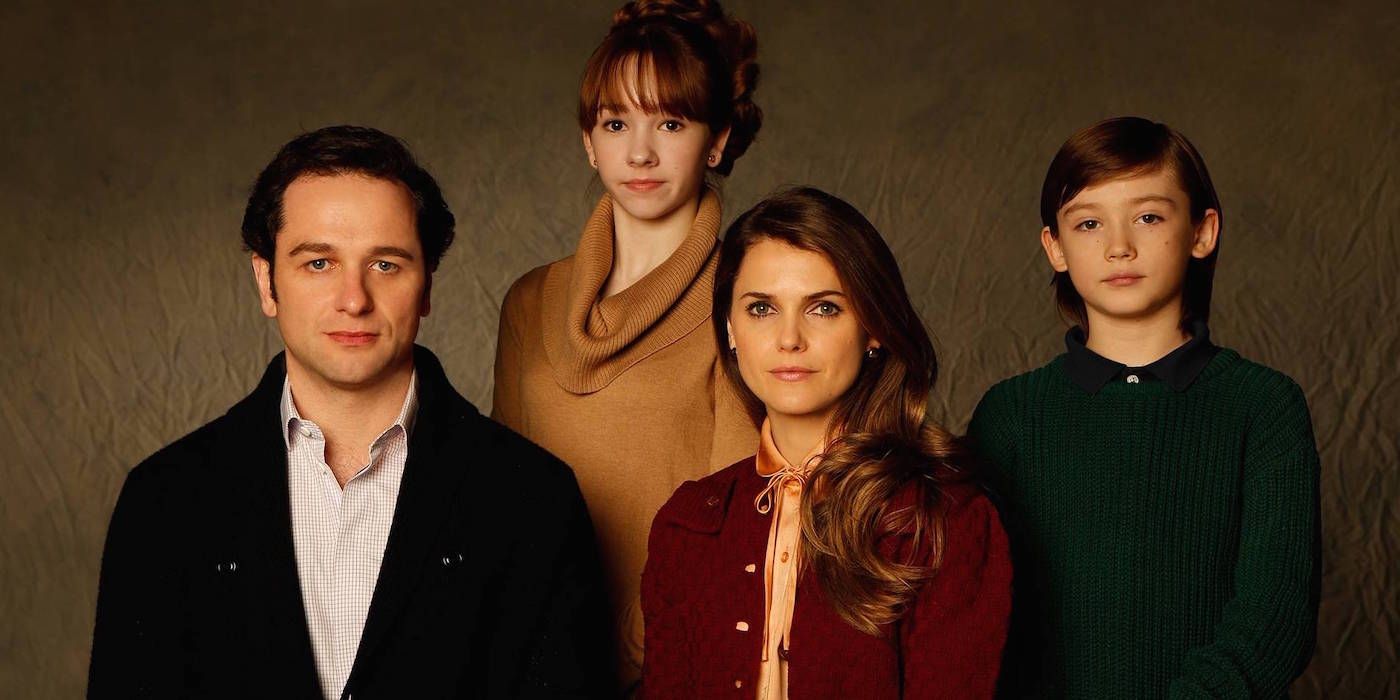
Image via FX
There’s no time to sleep because you’re always preparing for the next day.
It’s been wildly satisfying creatively, but you burn a lot of calories.
OCONNOR: There are three phases: prep, shooting, and post.
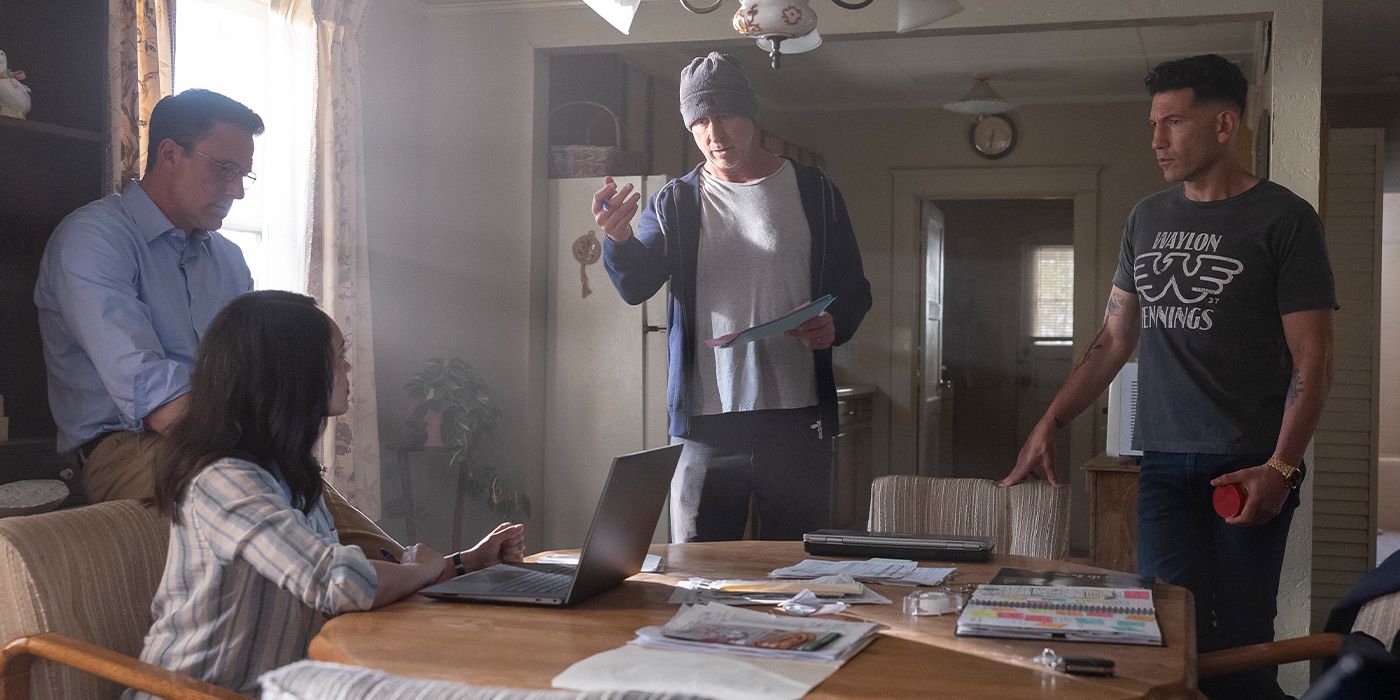
Image via Warner Bros. Pictures
I always say you make the movie before you make the movie prep is so crucial.
Its grueling, but I dont mean that in a bad way.
Its actually a beautiful part of the process.
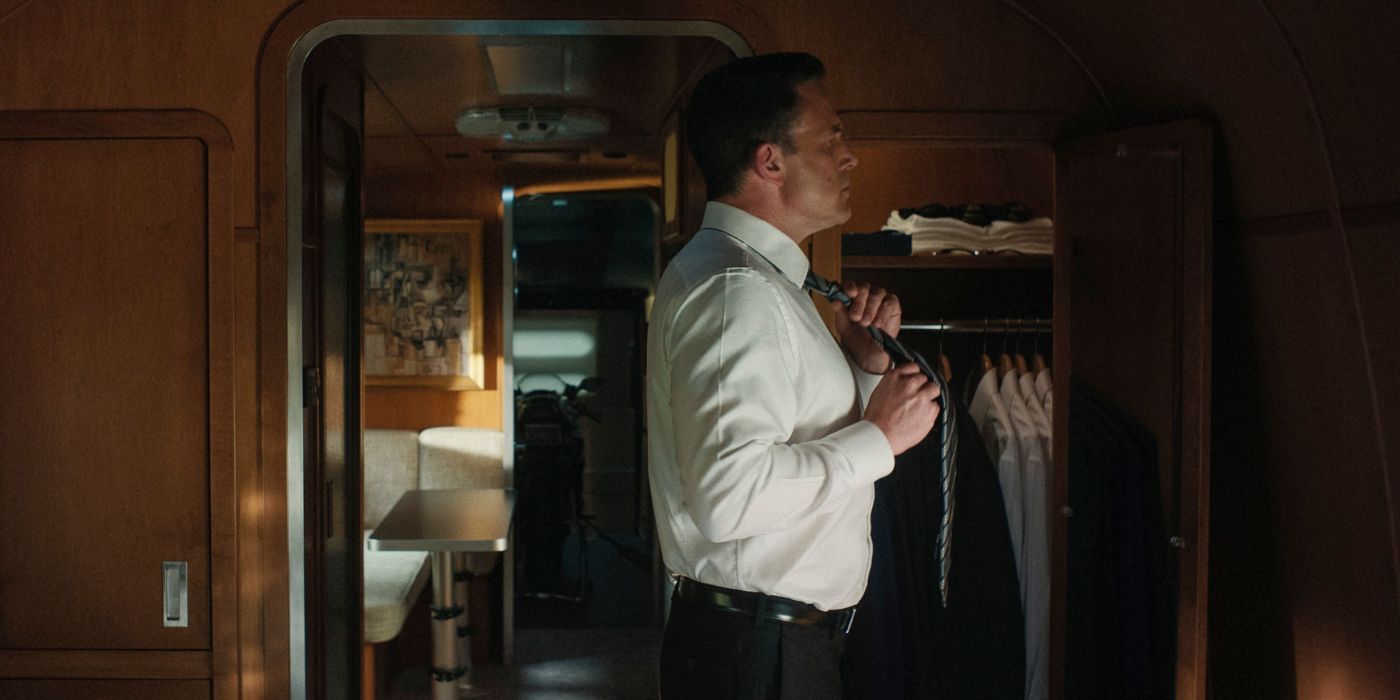
Image via Amazon MGM Studios
Then you shoot the film.
After that, it becomes human again when you get to post.
Thats the magic of post.
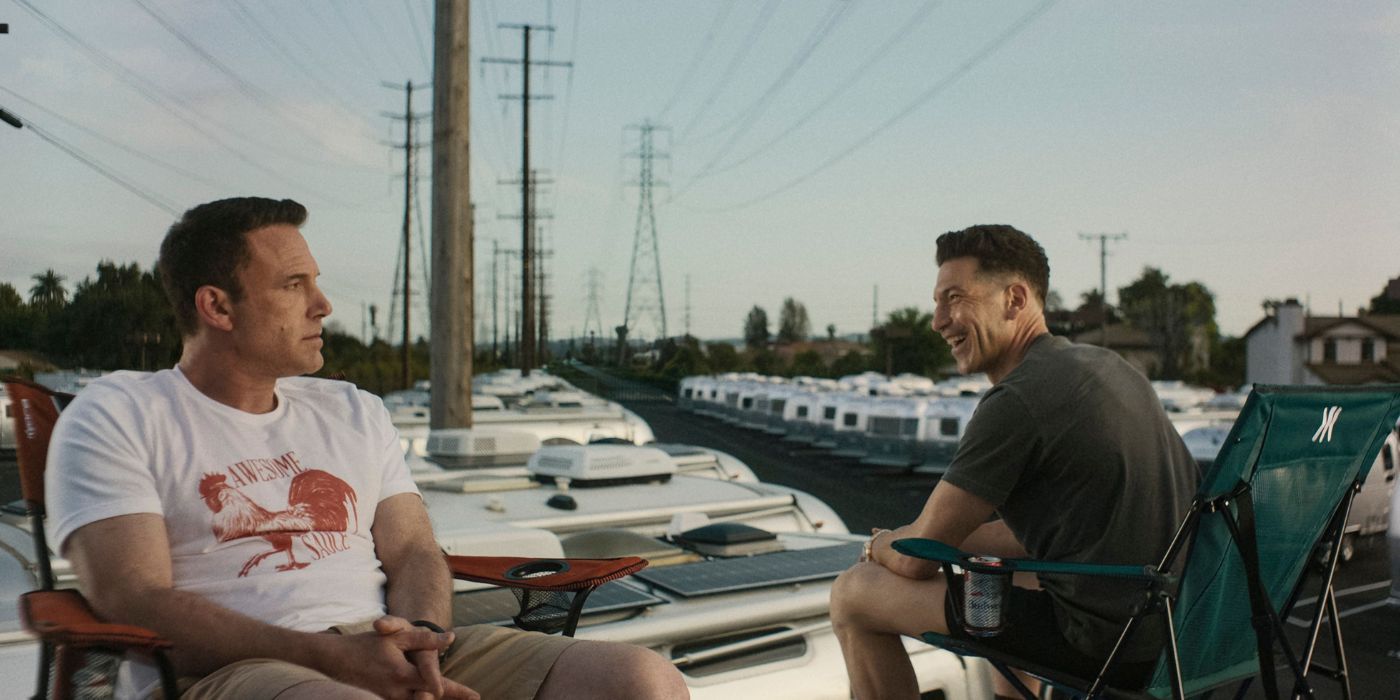
Image via Amazon MGM Studios
Its a 12-hour day instead of a 20-hour night.
I always cut near my house.
I make a run at find a space where I can walk or ride my bike to work.
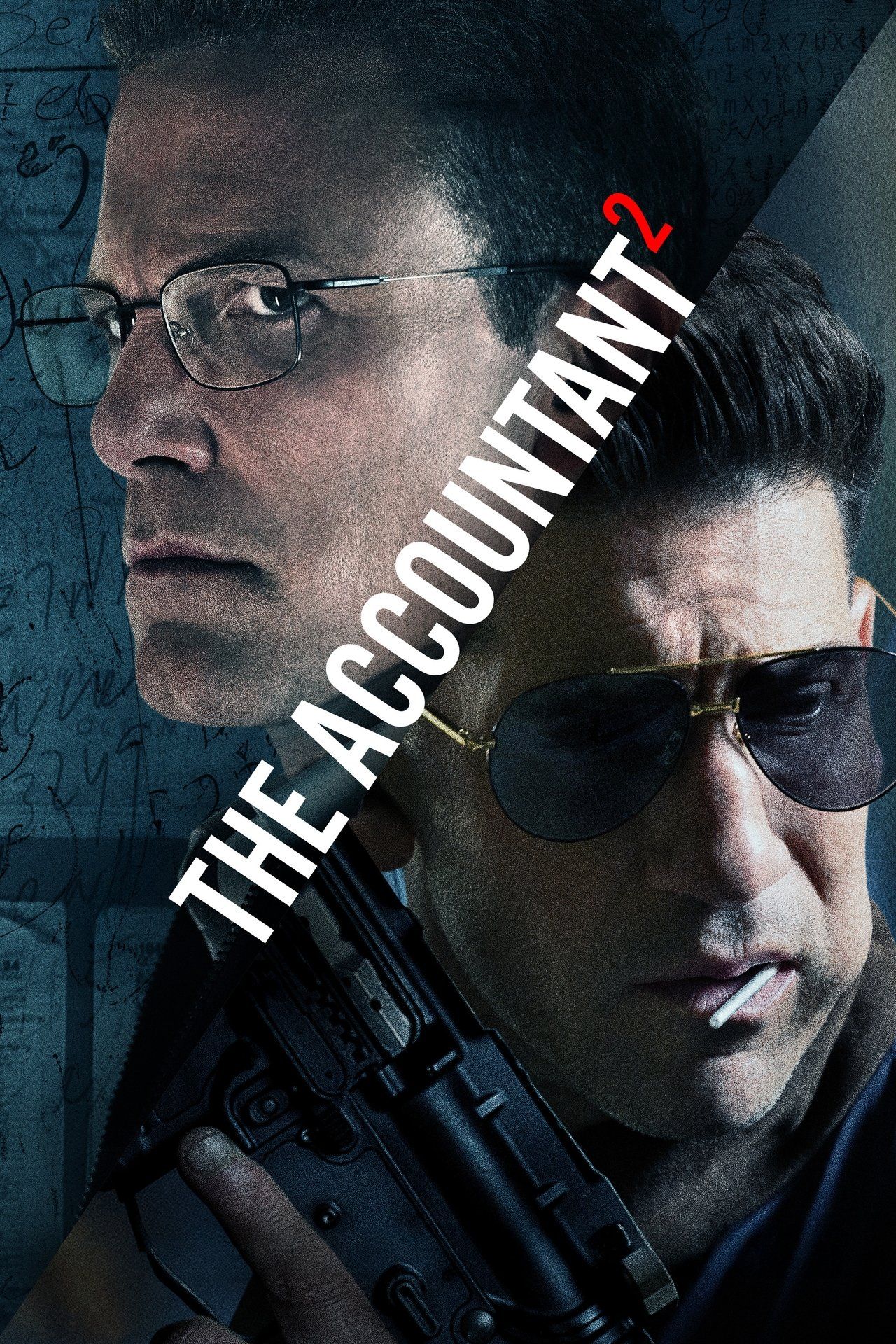
That way, my kid can visit me, and I can grab lunch with my wife.
It helps keep me grounded.
Ive asked you this before, just not in front of people.
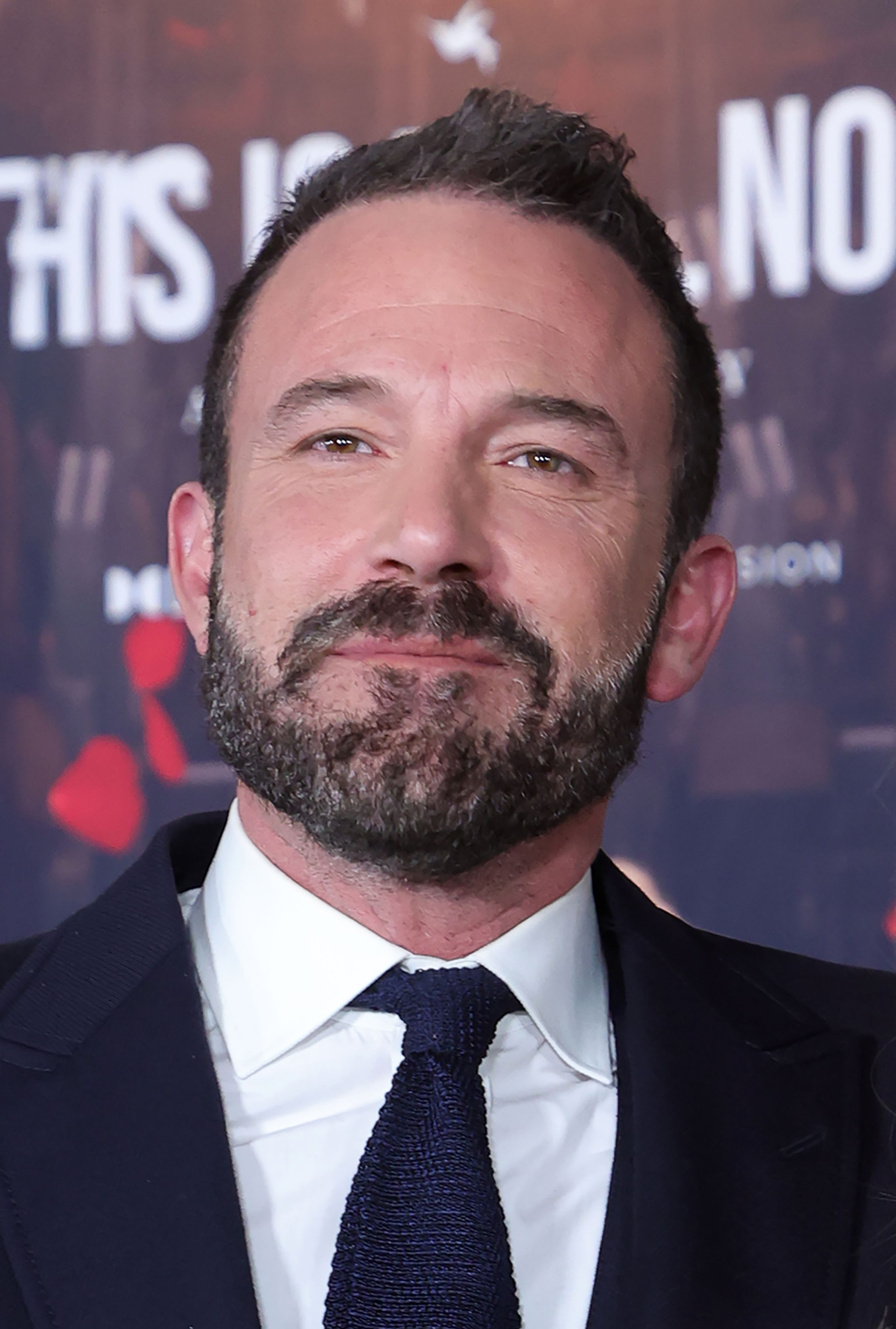
OCONNOR: Iamgoing to make more.
I dont shoot a ton.
I like to let my life inform my art.
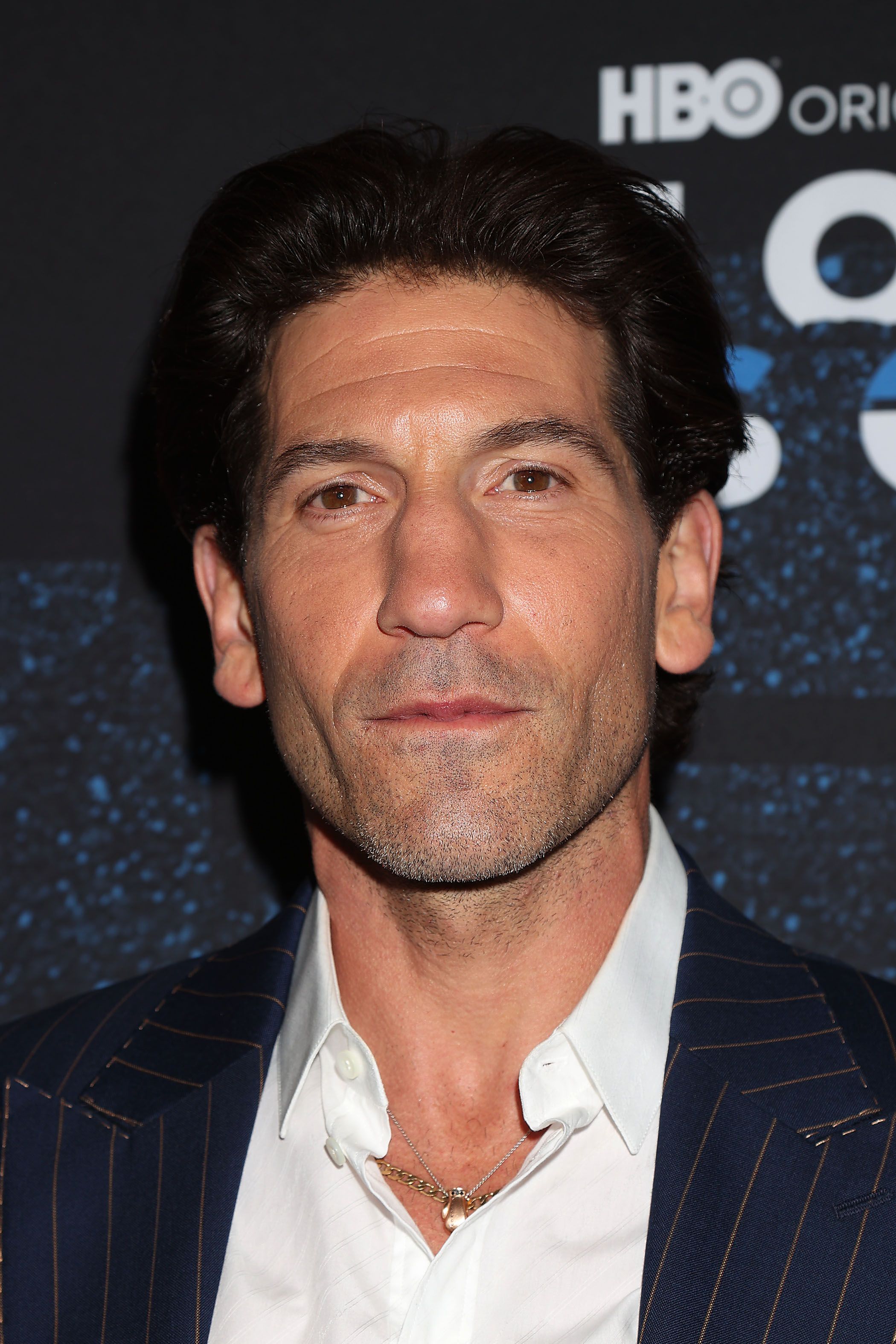
And honestly, being home with my family is my top priority.
We dont have nannies or anything like that.
So, I take that downtime seriously.

It fills me up creatively so I can bring that back into storytelling.
Does that mean youre filming something later this year?
OCONNOR: Well, yeah.
I took about four years off between my last two movies.
But over COVID, I started developing a bunch of stuff, and it kind of piled up.
So I told my wife, Im going to go on a long tear.
Gavin O’Connor, Cynthia Addai-Robinson, and Daniella Pineda tease epic fight scenes and new key characters.
Are you filming something brand new this year?
OCONNOR: Yeah, Ive got two projects.
Ones at Amazon/MGM, and the others at Apple.
Im going to do one of them next.
OCONNOR: I dont know if theres anythingno onewould finance… Well, actually, there might be.
I made a movie calledWarrioryears ago, and theres a TV series thats loosely based on it.
I set it up at Paramount+, but then that went sideways.
But thats the one Ireallywant to make I just need to find a way home for it.
I might be wrong, but I read somewhere that you were attached toSuicide Squadaround 2017 or 2018.
How close did you actually come to directing that?
OCONNOR: Thats another example of dysfunction in our industry.
I was doing the secondSuicide Squad.
I had a very specific take on it.
I was probably three-quarters of the way through writing the script when they brought in a new regime.
All the people I was working with were suddenly gone.
I told him it was nearly done and on budget.
I told him, Thats not what I wrote.
Thats not the agreement I had with the studio.
But thats what he wanted.
And thats where it fell apart.
I didnt realize you actually finished a script for it.
Since its probably never getting made, can you say what it was about?
Unless that would get you in trouble.
OCONNOR: No, its fine.
It was really a father-daughter story between Deadshot and his daughter.
That was the emotional core of it.
There were other characters and subplots, of course, but thats what the film was really about.
Lets leave it there.
Which of your projects changed the most in the editing room?
Did anything go through a radical revision?
OCONNOR: No, nothing radically changed.
But the toughest edit I ever had wasThe Way Back.
Its kind of a plotless movie, so youre just following breadcrumbs little character moments, behavioral beats.
I shot a lot of that stuff.
And at times, I felt a little lost, like I didnt know where it was all going.
Without a clear plot, I was kind of wandering.
But that was also part of its charm.
If someones never seen any of your work, whats the first thing they should watch and why?
OCONNOR: These are good questions.
I guess Id sayWarriorbecause its definitely my most personal movie.
Tom Hardy, Joel Edgerton…
If you havent seen it, its quite good.
OCONNOR: That movie is all metaphor.
I was both of those characters both sides of me.
Nick Noltes character, the father, was my dad.
My parents split up, and one brother went with one parent, one with the other.
Im not an MMA fighter, but I needed an engine for the movie.
So withWarrior, I wanted to challenge the audience.
I wanted them not to be sure who they were rooting for.
Most sports films hook you into rooting for one person, likeRocky.
You’re just rooting for him to go the distance.
Thats the brilliance of it.
He didnt win, but hewon.
It was a personal victory.
Thats what I wanted withWarrior.
I wanted the audience to ask, “Who am I rooting for?”
And then, when Brendan wins, realize thats how it had to be.
Tommy had to lose to win.
His charity, I called it an intervention in a cage.
He had to lose to be spiritually reborn.
Thats what I was going for.
A lot of people dont know, but you directed the pilot ofThe Americans.
OCONNOR: I did.
You only did one episode, but it was a big deal.
Why didnt you do more?
And when you made it, did you have any idea what that show would become?
OCONNOR: I had no idea, but I had a really good time making it.
Joe Weisberg, who created it, had never worked in production before.
Hed been in the CIA, and then was an analyst.
He had one season as a staff writer on a show, so he didnt know anything about production.
He let me run with it, while still honoring what he wrote.
I didnt know what the show would become, but I felt really good about shooting it.
Keri Russell was great.
I saw Matthew Rhys in an Off-Broadway play in New York thats how I cast him.
I said, Im bringing that guy in.
And thats what we did.
How come you only directed that one episode?
No story behind that?
OCONNOR: Not really.
You do the pilot, you cast it, set the look and tone.
Its a representation of what the seriesshouldbe.
After that, I dont know.
That was it, to be totally honest.
You did something that lasted seven seasons.
Joe figured it out really quickly.
Not a lot of people realize you directedMiracle.
When you think back on it, whats the first thing that comes to mind?
OCONNOR: I didnt know what the fuck I was doing.
Id only made one little independent film before that.
Now Im doing a studio movie, and Id never shot action before.
I didnt know what the fuck I was doing.
Did the studio support you with a good second unit director?
OCONNOR: They tried, but I fired him.
I shot all the action myself.
The plan was for him to come in during the last two weeks to clean things up.
But I watched him for a day and thought, This isnt what I want.
It wasnt really his fault it was more me than him.
I felt very protective of it.
So I just learned how to shoot action.
Every game, every play, I had it all laid out.
I followed my storyboards, and thats how I did it.
We wanted to make it."
Now were going to get into why youre actually here.The Accountant.
I appreciate you indulging me.
OCONNOR: Okay, nowthatIm not going to tell you.
[Laughs] Lets just say, I was canceled.
It wasnt for lack of trying.
We wanted to make it.
I dont want to get you in trouble.
Dont say too much.
OCONNOR: No, its fine.
No rewrite, no polish.
None of our deals were even in place.
I dont know how he convinced them, but he did.
Bill wrote a draft.
We had a lot of conversations about what the movie should be.
And then he wroteanotherdraft.
I think he wrote 14 drafts before we turned it in.
Then it was hard to get Warner Bros. to move on it.
I dont know all the details, but I dont think Warner Bros. wanted to do a co-production.
They didnt want to share.
So we got it out of there.
Now, a lot of people who were at Warner Bros. are over at Amazon MGM.
Theyre all friends of ours, and they said, We want it.
I remember watching the movie and thinking, This explainsso much.
But it ended up being a negative pickup.
Artists Equity financed the movie.
Can you explain to people what a negative pickup is?
Most of us dont know what that means.
OCONNOR: The simplest way to explain it is Artists Equity, the studio, financed the film.
Amazon MGM just distributed it.
They didnt finance anything.
They paid for it later.
They had no say in the creative process; we just handed them the finished movie.
Thats basically what a negative pickup is.
OCONNOR: Yeah, thats right.
We had to acknowledge how much time had passed.
But since eight years had passed in real life, we leaned into that.
We had to justify why the brothers had been apart for so long.
Ben and Jon and I had several conversations about that.
Youve said you always envisioned this as a trilogy.
When did that first occur to you?
Was it during the first movie?
OCONNOR: Yeah, it was during the first one.
Once we got to post-production, I started talking to Bill and brainstorming ideas for a second film.
Thats how it all began.
I always knew thered be a third one this second one was always meant to be the bridge.
A lot of people in the press have asked, “Why stop at two?
Did you not want to do a third?”
But that was never the plan.
The second film was always supposed to focus on the brothers trying to fix their relationship.
Of course, the challenge with these movies is building those complex, puzzle-like plots.
Its got to be Byzantine enough that only someone like Chris can solve it.
If anyone could figure it out, then it wouldnt feel special.
If the mysterys too easy, they lose interest; if its too hard, they check out.
That was a deliberate choice, and J.K. pulled it off beautifully.
That was a bold move.
What was it like picking up the phone to call and say, Hey, were doing a sequel.
You were great in the first one, but you’re only working for like three days?
OCONNOR: Yeah, that was a call.
But J.K.’s amazing.
Hes such a great actor and just a genuinely good, grounded person.
We told him, Youre still a presence in the movie.
The spirit of Ray is always there.
Even though hes dead, hes still in it.
You kneel at the altar of the movie.
Thats just how it works.
How did that happen?
OCONNOR: That was all Ben.
We shot the first one in Atlanta, and I told him, Im not going back.
He said the same.
My wife and I had just restarted our lives with our two kids.
Id been home every day with my little girl for years, and I didnt want to leave.
Ben felt the same way.
So we applied for the tax credit, not knowing if wed get it.
Eventually, we got it.
That was all Ben.
Ive been asking every filmmaker this lately.
What do you think can be done to bring more production back to California?
OCONNOR: Honestly, I dont know.
We were talking about this earlier.
Think about how many jobs are created, how much economic impact a production has.
Its baffling that Hollywood started here, and yet were not embracing that legacy.
When we shot this movie here, we had the best crew imaginable.
Everyone was so excited to work locally and sleep in their own beds.
Shed dance to it and get everyone else dancing too.
That energy carried us through the day.
She brought so much joy and organization to the production.
Shes a total pro, a chess master with the logistics.
If something changed, shed just say, Dont worry, Ill figure it out.
And she always did.
Mariela Comitini, shes the best.
One of the reasons this film works so well is the chemistry between Ben and Jon.
How much of what they say is scripted, and how much is them just riffing?
OCONNOR: The scene where Brax shows up at the motel was the first thing we shot with them.
Theyre sitting next to each other in a two-shot, waiting for the girls.
So I said, Lets try a take where you improvise.
They did, and it was amazing.
I realized I didnt need to shoot coverage.
I was going to use the two-shot because their rhythm was perfect.
They were basically editing the scene for me in real time.
Not one line of that was scripted.
Not the whole scene?
It was so much better.
What about the women in that scene?
OCONNOR: They had their lines.
It was more about prompting and responding.
Bens answers were different every take, and thats what was so great.
He knew the character so well.
He started taking ownership, and it worked.
You want your actors to do that.
Hes really good at improv.
His performance is masterful.
Its not Ben up there.
And I think anyone who knows someone on the spectrum can tell how deeply observed it is.
Everyones different, and Ben really understood that.
That deeply informed how we developed the character.
And Bens also a talented screenwriter.
But Im telling you, none of that moment was written.
It was all happening in the moment.
I always ask about editing.
How did the film change after test screenings or showing it to friends and family?
OCONNOR: It never changed.
You didnt have a much longer cut?
I think because it had been gestating for so long, I knew exactly what it needed to be.
Every shot, every song, I had it all in my head before we shot the film.
I knew where each song would go.
I didnt know if it would work, but it did.
Was anything especially difficult?
Like getting the line dancing scenes done?
OCONNOR: Honestly, neither cutting nor the dancing was that difficult.
Editing was a breeze.
I watched all the footage, pulled my selects the best moments and built the scenes from there.
As for the line dancing, I told Ben, Youve got to do the rehearsals.
He showed up and gave it his all.
Hes not a great dancer hed be the first to say that but it wasnt about being good.
It was about having the courage to get up and do it.
And for him, dance is just math.
He approached it like an equation.
I can do this.
Okay, last question.
Any cool behind-the-scenes facts?
OCONNOR: It was honestly just such a joy.
The best experience Ive had.
Do whatever you want.
Ill see you on set.
He didnt ask for casting approval.
He didnt need to sign off on rewrites.
It was like making a scrappy $1 million indie film, just with a real budget.
Hes there as an actor, even though hes an amazing director.
One cool thing: the scene where Brax is working up the nerve to make the phone call.
That wasnt in the script.
Originally, he just made the call.
But Jon and I were on location and thought, Theres more to this.
So we met two hours before crew call, just to play around.
I had my camera, and we started improvising.
None of it was planned.
By the time the crew showed up, we said, Heres what were shooting tonight.
Alright,reallylast one… Im a cat lover.
Theres a cat in the third act.
How hard was it to work with a cat?
OCONNOR:Not as bad as I thought itd be!
The cat wranglers treat the cat like the most valuable thing on set, and rightly so.
They delivered the cat, and everyone had to whisper.
The Accountant 2is now playing in theaters.
Your Rating
Your comment has not been saved